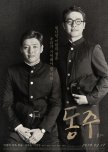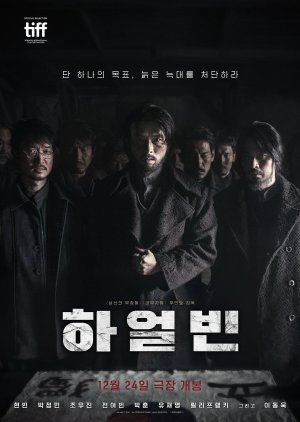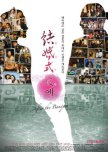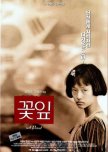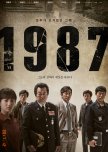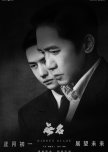
Hidden Blade (2023) and Harbin (2024) offer a similar mix of historical espionage, political intrigue, and high-stakes deception. While Harbin follows Korean independence operatives in the early 1900s, Hidden Blade unfolds during World War II in Republican era China. Both films feature spies navigating shifting allegiances under colonial rule.
Like Hidden Blade, Harbin embraces a noir aesthetic—moody lighting, shadowy figures, and a constant sense of tension. Woo Min-ho delivers the same level of visual richness and period authenticity, blending stylish cinematography with brutal realism. Both films are anchored by strong lead performances—Tony Leung and Wang Yibo in Hidden Blade, Hyun Bin in Harbin—adding depth to their morally complex characters.
Though independent stories set in different countries and eras, Harbin almost feels like a natural prequel to Hidden Blade, tracing the legacy of resistance and espionage in East Asia.
Like Hidden Blade, Harbin embraces a noir aesthetic—moody lighting, shadowy figures, and a constant sense of tension. Woo Min-ho delivers the same level of visual richness and period authenticity, blending stylish cinematography with brutal realism. Both films are anchored by strong lead performances—Tony Leung and Wang Yibo in Hidden Blade, Hyun Bin in Harbin—adding depth to their morally complex characters.
Though independent stories set in different countries and eras, Harbin almost feels like a natural prequel to Hidden Blade, tracing the legacy of resistance and espionage in East Asia.
